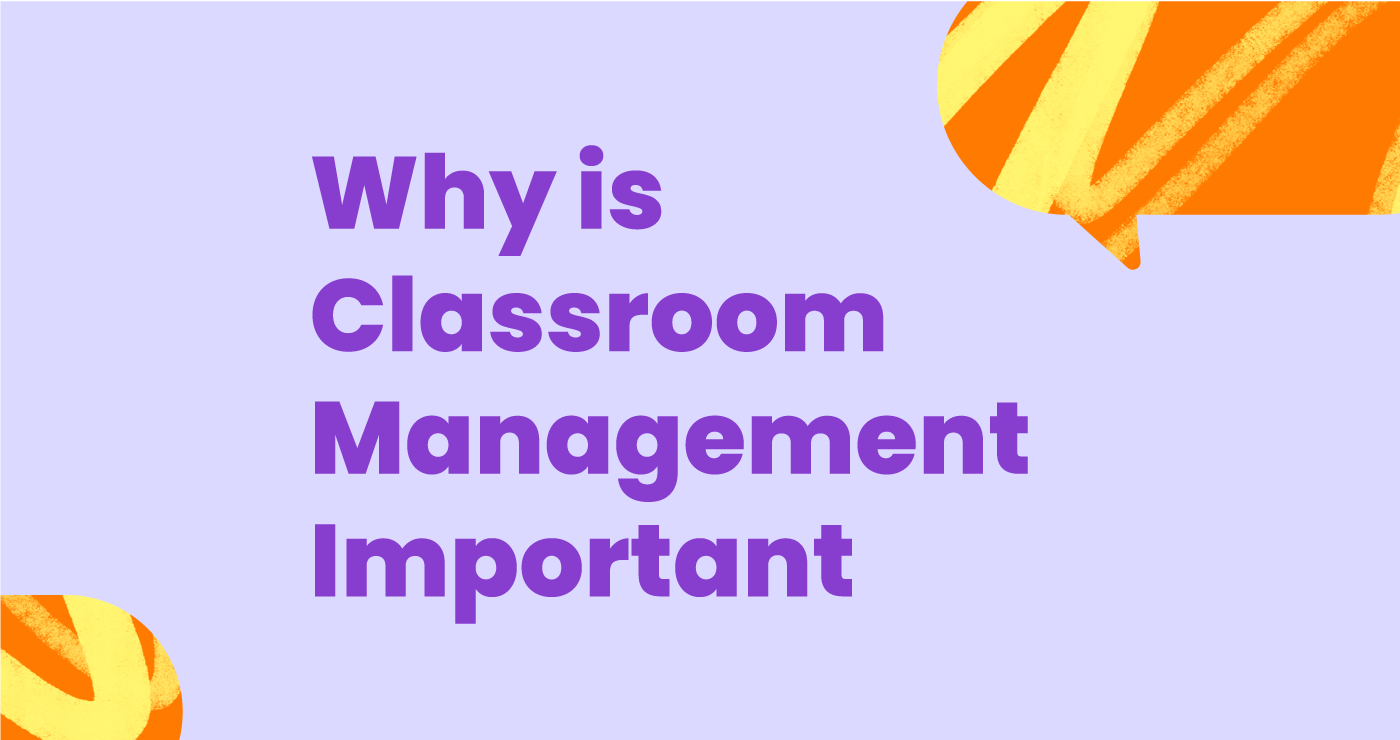
Shirin Bradfield
If you’ve ever walked into a great teacher’s classroom, you’ve probably noticed how well they manage the classroom environment. That’s no accident — it’s all about effective classroom management strategies.
Alongside your lesson plans and decisions about classroom supplies, one of the best things you can do at the start of the school year is to develop a classroom management plan.
4 ways good classroom management helps your entire class
Classroom management is essential because it helps you to keep classroom behavior in check and your students on task.
- It sets clear expectations for student behavior. One of the elements of a well-managed classroom is clear expectations about how students should behave. Creating a set of classroom rules at the start of the school year can set these expectations for positive behavior. Even kindergarten classrooms can have a simple set of rules!
- It sets out how to deal with misbehavior. Once you have created your rules, you can also make it clear how inappropriate behavior will be dealt with. Although working through behavior problems by modeling and focusing on good behavior and using positive reinforcement is always preferable, sometimes you need to intervene. Your classroom management strategy should include ideas to deal with individuals being disruptive and whole class misbehavior.
- It creates a more positive learning environment. Although you might still get some disruptions, effective classroom management helps to reduce these incidents and encourage more positive behavior. This creates more student engagement and a better learning experience. For example, research shows that greeting students at the door can increase engagement and decrease negative behavior.
- It improves student learning and academic success. Research by Robert and Jana Marzano shows that “teachers’ actions in their classrooms have twice the impact on student achievement as do school policies regarding curriculum, assessment, staff collegiality, and community involvement.” That makes effective teaching and creating a positive classroom environment all the more important.
- It makes it easier for you as a teacher. Teaching can be stressful and research has shown that teachers report classroom management as one of the most concerning aspects of teaching. If you have a clear classroom management plan and a range of effective instructional strategies in your pocket, then you can be a more effective teacher. Knowing exactly how you will tackle each day in class can also help reduce your stress levels because you already have plans in place not only for learning activities but also for dealing with issues.
7 quick classroom management tips
Now you know the importance of classroom management, here are some quick tips to help you hone your classroom management skills.
- Involving students in setting the classroom rules makes them more likely to follow them. Once the rules are set, make sure they are clearly displayed on the bulletin board or somewhere in class.
- Work to develop positive relationships with students that includes an awareness of their home life and anything that might impact their learning ability.
- Set the tone at the beginning of each day — greet your students at the door with a positive greeting or physical connection.
- Create the right learning environment by setting up your class in a way that encourages students to be engaged. For example, make sure they can easily access the equipment they need.
- Aim to reinforce positive behavior first but also have a strategy for dealing with disruptive behavior. Consider individual behavior management plans like the Positive Behavioral Interventions and Supports (PBIS) framework if needed.
- Think about how you are moving around the classroom space and its impact on behavior. For example, standing behind or near a student acting up can draw their attention to the behavior without making a big deal of it.
- Consider your current classroom management style and think about how successful it is or whether you could adapt your teaching style to be more effective. If you are struggling with developing the right classroom management techniques, speak to your school to see if they have any professional development in this space.
Read more helpful tips for classroom management in elementary school, middle school, and high school on our blog.
You may also like

From ancient academies to AI-enabled classrooms

Improving AI literacy in American schools

